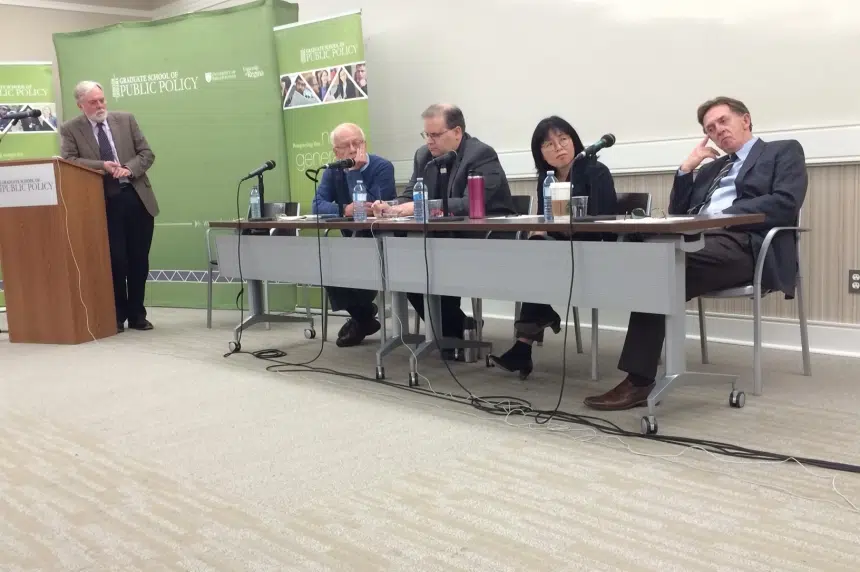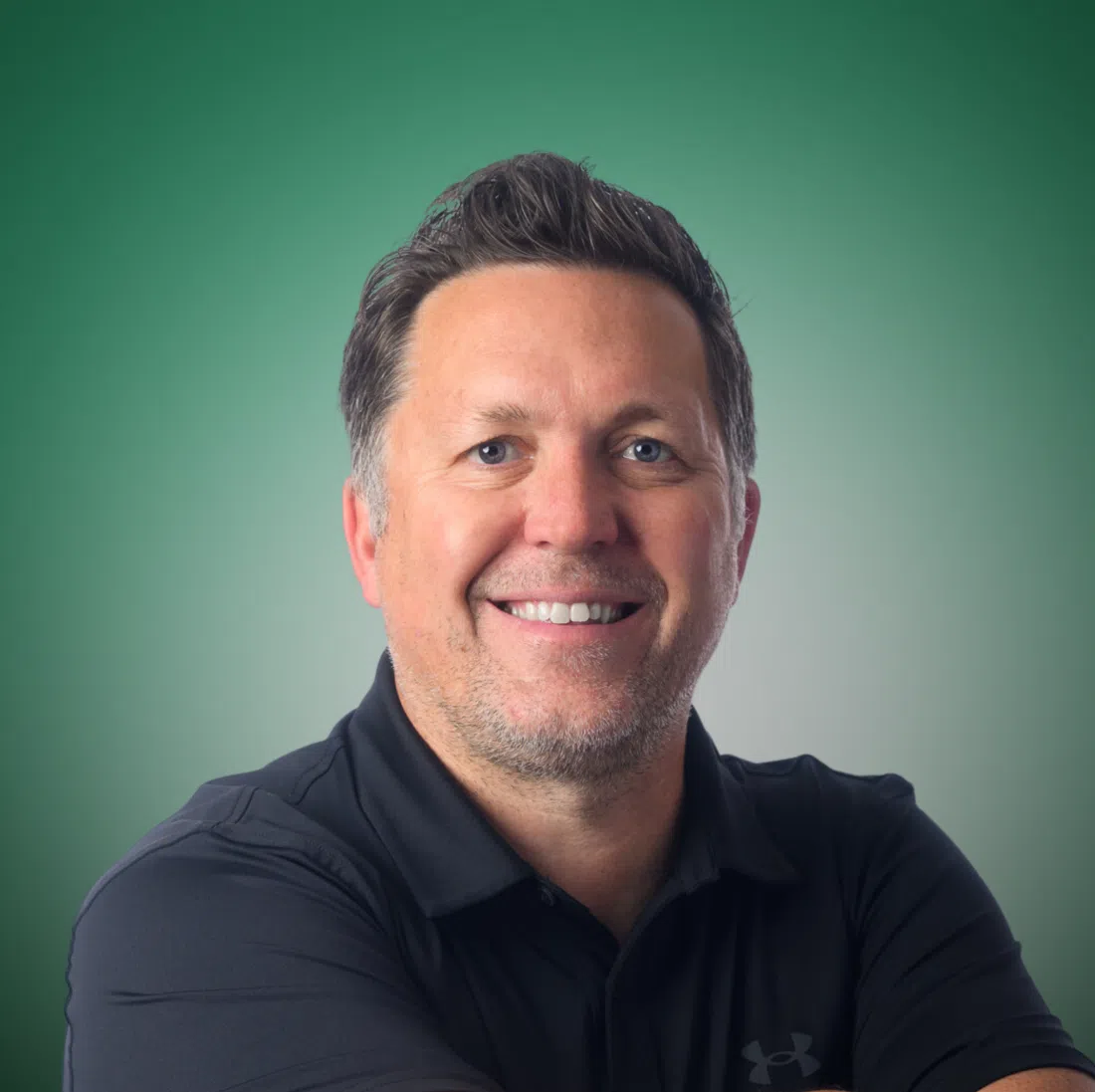As a new Liberal majority government prepares to move into Parliament, curiosity about what happens next is likely top of mind for many Canadians.
On Wednesday the University of Saskatchewan’s Johnson-Shoyama Graduate School of Public Policy put up a handful of professors to digest Monday’s historic election.
One point they all agreed on was that Trudeau could build enough momentum to create a turning point in the relationship between Ottawa and First Nations.
“This government is open to having conversations with aboriginal leaders whereas the previous government was not,” said Professor Michael Atkinson.
His colleague, John Courtney said Trudeau has an ace in his back pocket that could help restore trust between Ottawa and First Nations, in former Prime Minister Paul Martin.
“Since Paul Martin has been out of parliament he has devoted a tremendous amount of time meeting and discussing issues with First Nations across the country and my guess is, if the new Prime Minister (Trudeau) wants an experienced voice advising him, he could hire him and get him on side because Martin has been a big supporter and that’s going to be critical,” Courtney said.
The panel also weighed in on the marijuana debate and the question of how quickly Trudeau can legalize it.
While the panel agreed it’s going to take a very long time, and likely a lot of legislation, the true test of the Liberals’ commitment to legalizing marijuana will come to light by how soon they start the process.
“So it’s not the case of waking up one day and saying we’re going to legalize marijuana. I don’t actually know how committed this government is on getting this done say in the first quarter so this is something to watch,” Atkinson said, adding the country could gain a lot of insight into the Liberal government’s agenda in the Throne Speech.
“If the speech from the throne has marijuana in it I’d be surprised but it might, a little depends on image and how firm that commitment is,” he said.
Trudeau is expected to pick his cabinet on Nov. 4.











